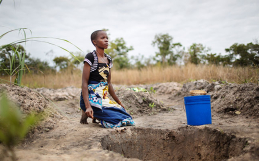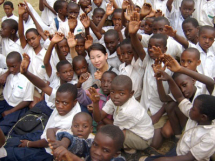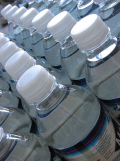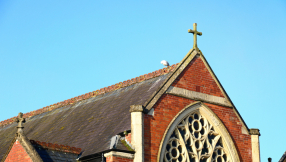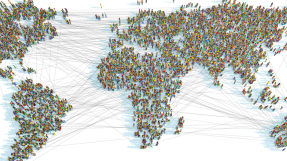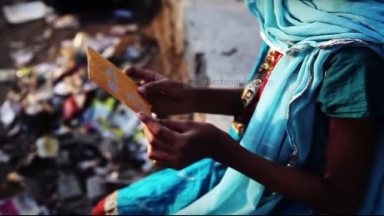
Scientists in America have developed an innovative new system which they say could transform access to clean water.
The 'drinkable book' is an instruction manual with information on how and why water should be filtered. Once read, the pages can be torn out and used to make contaminated water safe to drink.
Dr Teri Dankovich developed the technology while working at McGill University in Canada and then at the University of Virginia.
"It's directed towards communities in developing countries," Dr Dankovich said.
"All you need to do is tear out a paper, put it in a simple filter holder and pour water into it from rivers, streams, wells etc and out comes clean water," she told BBC news.
Four million people die every year because of dirty water, half a million of whom are children.
The 'drinkable book' successfully removed more than 99 per cent of bacteria when tested at 25 contaminated water sources in South Africa, Ghana and Bangladesh.
The pages contain nanoparticles of silver or copper, which kill bacteria in the water as it passes through. The resulting levels of contamination are similar to US tap water.
Researchers say the drinkable book is promising because it is a cheap and simple way to purify water and could easily become part of people's daily lives.
However Margaret Batty, director of policy and campaigns at WaterAid, is sceptical. "What we need is a more long-term, sustainable solution to get clean water to people rather than purifying dirty water," she told BBC News.










